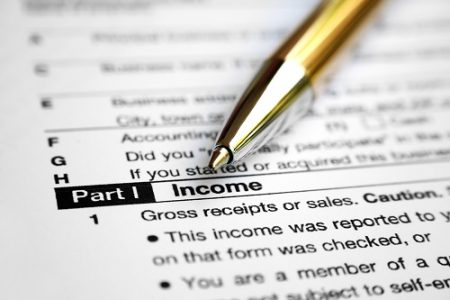A Chapter 13 Bankruptcy Plan
Filed under: Chapter 13

Income
Chapter 13 is considered a reorganization bankruptcy. This type of bankruptcy is used when you are in danger of losing your secured assets, such as your home or your vehicle if you get behind in your payments. When you file a Chapter 13 reorganization Bankruptcy, you will be given three to five years to catch up on your debt.
A bankruptcy judge must approve the plan you submitted with the court. Some debt will need to be paid in full, and your other debt may receive a smaller percentage or none at all if you do not have the disposable income available.
Disposable Income
Disposable income for bankruptcy purposes means the amount of income left over after paying your expenses.
Average Income
When determining your income, the court will average out the previous six months before you filed for bankruptcy. Some cases use your IRS standards deductions instead of your actual expenses.
Debts Discharged in Chapter 13 Bankruptcy
When you file Chapter 13, you will be given three to five years to pay back your debt. At the end of that period, some of your unsecured debts that may be discharged are:
- Credit cards
- Medical debt
- Personal loans
- Payday loans
- Past utility bills
Non-dischargeable Debts
- Child support
- Alimony
- Debts not listed on the bankruptcy forms you submitted to the court
- Most student loans
- Fines and restitution owed to the government agency
- Current taxes
If a creditor objects to a debt being discharged, they may file a motion with the court. Some of the reasons for the objections are fraudulent actions like if you ran up some credit card debt knowing you would be filing bankruptcy. If the court agrees, you will have to pay that debt.
If you would like to know how bankruptcy can help you and your financial issues, contact a McAllen bankruptcy attorney.
Disclaimer: This blog post is for general informational purposes only and does not constitute legal advice. Your specific situation may vary. Please consult with an attorney at Baker & Associates to discuss your particular case.

